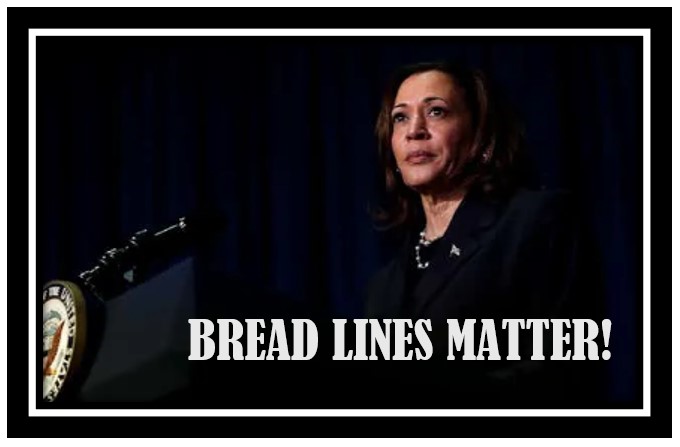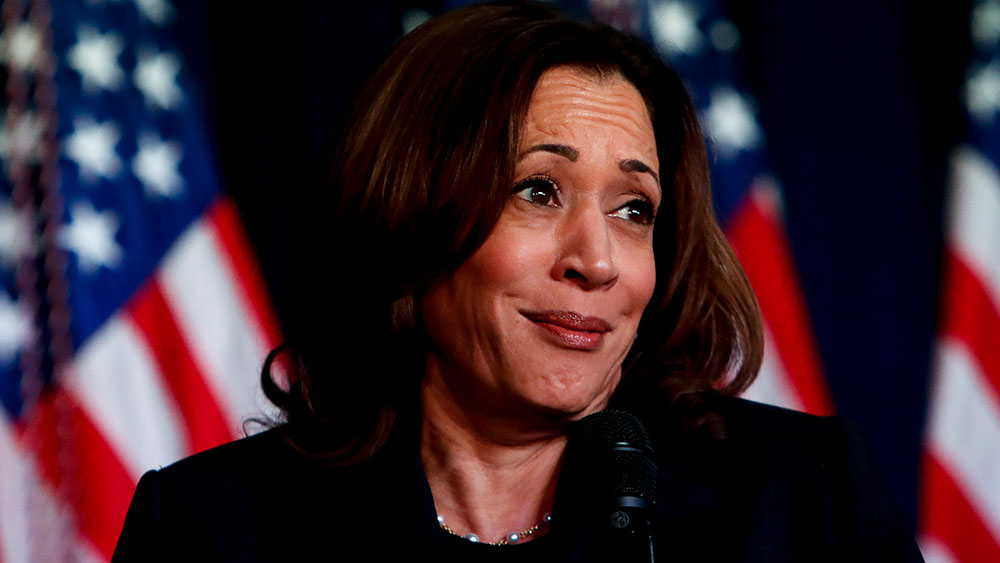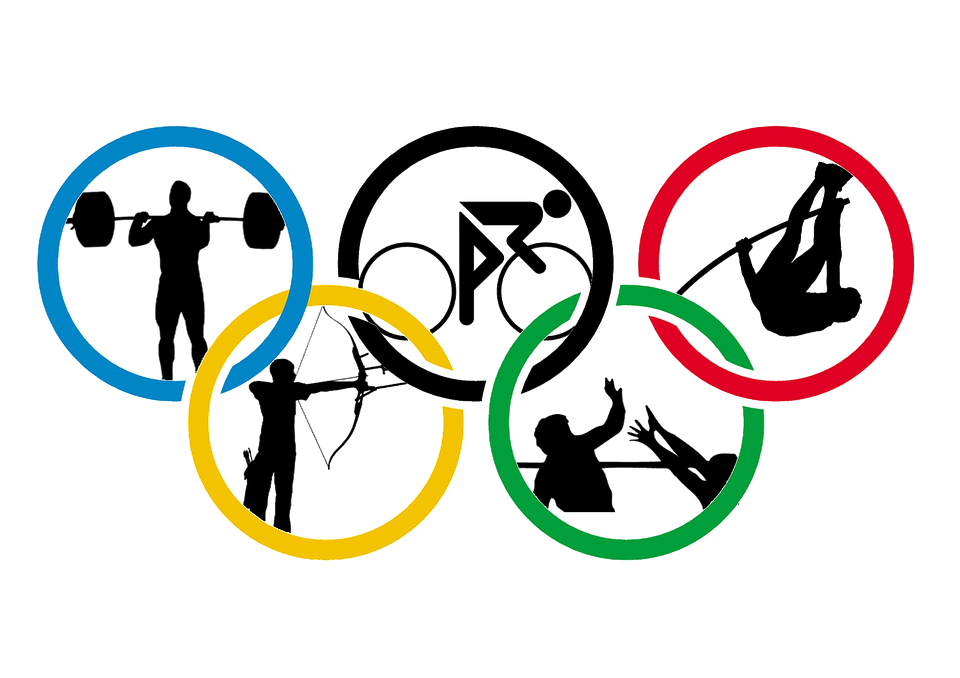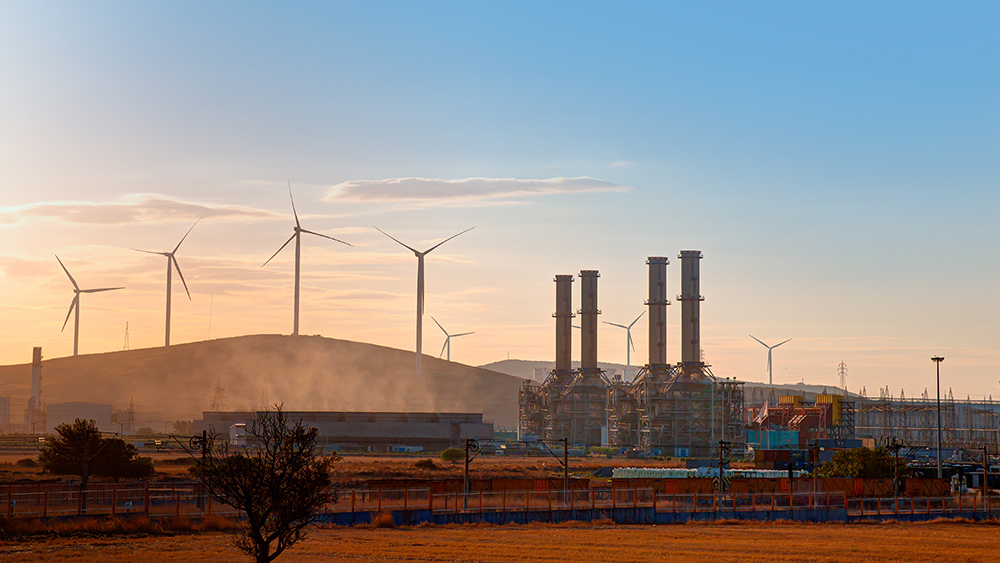Brent crude oil prices soar above $81 as Libya shuts down oil production and exports
08/28/2024 / By Richard Brown

Libya’s eastern government has announced its intention to shut down oil production and exports, causing a cascading effect on the oil market and driving up the price of Brent crude oil past the $81 per barrel mark on Monday morning, Aug. 26.
Libya is still divided following a six-year-long civil war that ended with the country being split between two major governing entities in the eastern and western half of the country. Both sides are currently abiding by a ceasefire brokered by the United Nations in 2020 that could collapse under the weight of this recent announcement by the eastern government.
The decision of Libya’s eastern, House of Representatives (HoR)-controlled government based in Tobruk follows an attempt by its Tripoli-based, High Council of State (HCS)-controlled rival in the west to replace the leadership of the de jure jointly-controlled Central Bank of Libya (CBL). The HoR described Tripoli’s recent actions against the bank as a “forceful” takeover.
In response, Tobruk declared a “force majeure,” affecting all oil fields, export terminals and related facilities in the east. Oil fields in Libya’s east produce approximately 1.5 million barrels of oil per day. (Related: Russia expands hydrocarbon exports to China, cements position as largest oil supplier to Chinese market.)
As a consequence of the force majeure declaration, Brent crude oil prices have jumped 2.6 percent to $81.09 per barrel.
Prices have been fluctuating within a range of $75 to $80 since early 2023, occasionally spiking above $90 due to geopolitical tensions in the Middle East. Recent downward pressure on Brent prices has been driven by economic slowdowns in China and rising concerns about a potential downturn in the United States.
Bullish positioning in Brent by investors had fallen to a record low in recent weeks, largely due to fears of a global economic slowdown.
“Oil blockades are a longstanding issue in Libya. Unlike recent blockades, which were mainly driven by local demands for jobs and better living conditions and were relatively easy to resolve, this one is politically motivated. Political blockades tend to last several months. The disruption in Libya is likely to exacerbate the price impact we’ve seen over the weekend from the latest round of Israel-Hezbollah airstrikes,” said Fernando Ferreira, director of geopolitical risk at the Rapidan Energy Group.
Citigroup analysts have noted that a decline in exports could temporarily push Brent prices into the mid-$80s range. Combined with rising geopolitical risks in the Middle East, further deterioration could drive crude prices even higher.
Force majeure on oil production, exports stems from struggle over control of Libya’s central bank
The power struggle between the two Libyan governments has intensified over the past week, focusing on control of the CBL.
The HCS attempted to replace CBL Gov. Sadiq Al-Kabir, who has refused to step down. A government delegation reportedly entered the regulator’s offices today to physically take control of the bank.
Earlier this month, the Tripoli-based Presidential Council unanimously voted to appoint Mohammed al-Shukri as the new governor. The new, western-backed board of the CBL immediately began its duties and local media reports that several CBL officials have been abducted by armed men, supposedly outlaws instigated and assisted by the Presidential Council.
Both the HoR and the HCS have condemned what they describe as attempts to “storm” and “seize control” of the CBL. Both governments have warned that these attacks would expose the country’s economy to rapid collapse.
Watch this clip from CNBC discussing how pressure from OPEC+ is also causing oil prices to surge.
This video is from the TrendingNews channel on Brighteon.com.
More related stories:
Ukrainian DRONE SWARMS target four Russian oil refineries in largest drone attack yet.
New Zealand to resume OIL DRILLING amid fears of blackouts.
Sources include:
Submit a correction >>
Tagged Under:
big government, Brent crude, Brent crude oil, bubble, Central Bank of Libya, chaos, civil war, collapse, economic riot, economy, energy supply, finance riot, force majeure, inflation, libya, market crash, money supply, oil exports, oil production, oil supply, politics, rationing, risk, scarcity, supply chain
This article may contain statements that reflect the opinion of the author
RECENT NEWS & ARTICLES
COPYRIGHT © 2022 Rationing.News
All content posted on this site is protected under Free Speech. Rationing.News is not responsible for content written by contributing authors. The information on this site is provided for educational and entertainment purposes only. It is not intended as a substitute for professional advice of any kind. Rationing.News assumes no responsibility for the use or misuse of this material. All trademarks, registered trademarks and service marks mentioned on this site are the property of their respective owners.




















